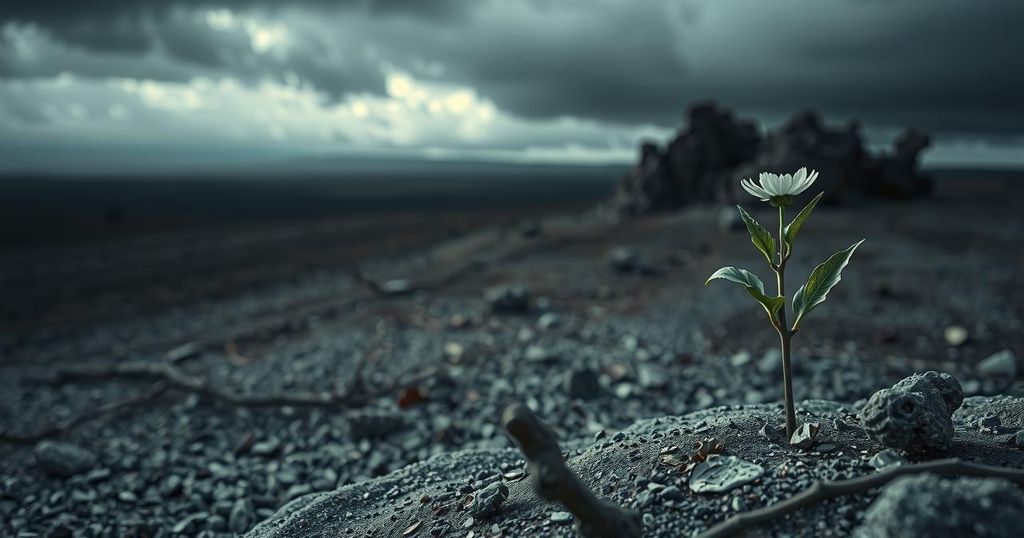Escalating Conflict in the Eastern Democratic Republic of Congo Claims Hundreds of Lives

The eastern Democratic Republic of Congo is experiencing a dire escalation of violence, resulting in 773 deaths and 2,880 injuries in one week. The M23 rebel group, reportedly supported by Rwanda, has captured Goma, displacing over 400,000 civilians. The situation is aggravated by ethnic tensions and competition over valuable resources.
In a tragic escalation of violence in the eastern Democratic Republic of Congo (DRC), recent reports indicate that at least 773 individuals have lost their lives and 2,880 have sustained injuries within a single week. Goma, the region’s largest city, has become the epicenter of intense clashes between the Congolese military and the M23 rebel group, which is allegedly supported by Rwanda.
The M23, or March 23 Movement, is a rebel faction operating in the DRC, notorious for instigating severe violence in the area. Following a significant offensive launched in January 2025, the group seized control of crucial territories, resulting in the displacement of around 400,000 civilians. This ongoing crisis has substantially strained relations between the DRC and Rwanda, which faces accusations of facilitating the rebels’ activities.
The rebel group, primarily composed of fighters from the Tutsi ethnic group, emerged in 2012 after a military defection. M23 claims to be advocating for the rights of the marginalized Tutsi minority, arguing that the Congolese government has failed to honor a peace agreement established on March 23, 2009. Despite previous disarmament efforts, M23 continues to gain strength with external backing.
The recent offensive by the M23 rebels has significantly altered the power dynamics in eastern Congo, culminating in their occupation of Goma, the capital of North Kivu province. This strategic gain has raised alarms regarding the potential for further territorial expansion towards Kinshasa, the DRC’s capital. Within three days of intense fighting, Goma witnessed at least 100 fatalities and approximately 1,000 injuries among civilians.
Several interrelated factors are exacerbating the violence. The DRC government has denounced Rwanda’s involvement, describing the M23’s takeover of Goma as a “declaration of war.” Enhanced armament and training of M23 fighters imply substantial external support. Moreover, eastern Congo’s rich mineral resources continue to incite conflict, attracting various factions and foreign interests.
Ethnic tensions also persist as a central issue in the ongoing violence. The conflicts in the region trace back to the 1994 Rwandan genocide, which saw armed groups traverse into Congo, igniting a series of prolonged conflicts. The enduring Tutsi-Hutu divide complicates the quest for peace, rendering it a challenging endeavor for all parties involved.
The escalating violence in the eastern Democratic Republic of Congo is a result of a complex interplay of historical ethnic tensions, geopolitical interests, and the struggle for control over rich natural resources. The M23 rebel group, which emerged from previous conflicts, has ignited a humanitarian crisis through its military actions. Efforts to stabilize the region have continually been undermined by external influences and internal divisions, posing significant challenges for both local and international authorities.
The increasing violence in the eastern Democratic Republic of Congo underscores deep-seated ethnic tensions and geopolitical struggles, exemplified by the activities of the M23 rebel group. With significant casualties and a mounting humanitarian crisis, urgent action is required to address both the immediate needs of displaced civilians and the underlying issues perpetuating conflict. Understanding the complexity of historical grievances is crucial for fostering lasting peace in the region.
Original Source: sofrep.com








